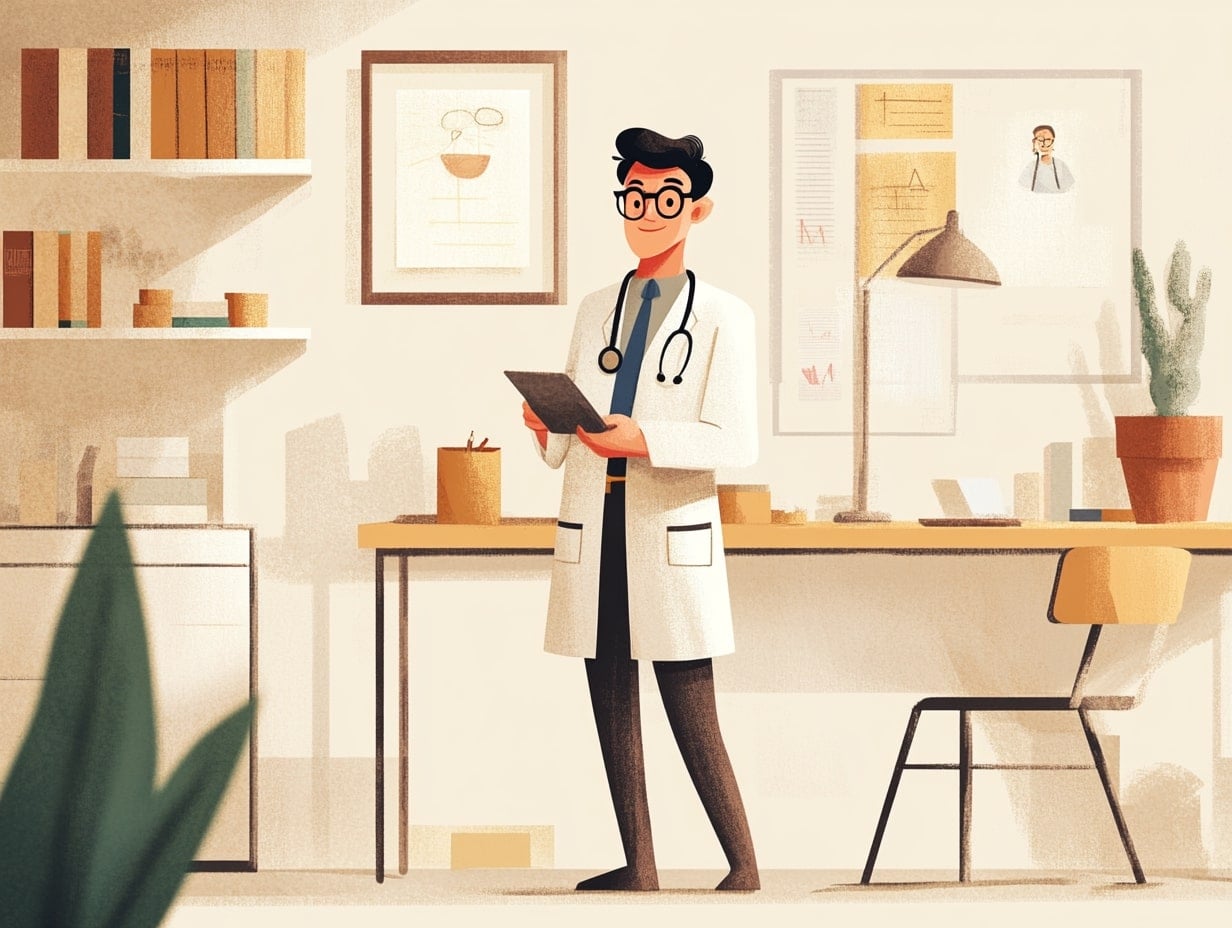How STDs Are Treated: Understanding Treatment Options and Advances
Jan 21, 2025
STDs like chlamydia and gonorrhea are typically treated with antibiotics, while others like herpes are managed with antiviral medication. Recent advances, such as long-acting treatments for HIV, offer better results and fewer side effects. Following prescribed treatment is essential for recovery and preventing complications.
Treatment for Common STDs
Bacterial STDs (Chlamydia, Gonorrhea, Syphilis)
Bacterial STDs are typically treated with antibiotics. It’s important to take the full course of antibiotics as prescribed to ensure that the infection is completely eliminated.Chlamydia and Gonorrhea: These infections are usually treated with a single dose of antibiotics or a series of doses, depending on the severity of the infection.
Syphilis: Early-stage syphilis is effectively treated with penicillin, but later stages may require more intensive treatment.
Viral STDs (Herpes, HPV, HIV)
Viral infections are not curable, but they can be managed with antiviral medications.Herpes: Antiviral medications like acyclovir can help reduce outbreaks, ease symptoms, and decrease the risk of transmission to others.
HPV: There is no cure for HPV, but the HPV vaccine can prevent certain strains of the virus. Infected individuals may need regular screenings to monitor for abnormalities, such as cervical dysplasia, which can lead to cancer.
HIV: Antiretroviral therapy (ART) can manage HIV by reducing the viral load to undetectable levels, preventing progression to AIDS and reducing transmission risks.
Recent Advances in STD Treatments
Improved Antibiotics: New antibiotics and more effective regimens are making it easier to treat and manage bacterial STDs, including antibiotic-resistant strains of gonorrhea.
Long-Acting HIV Medications: Recent developments in HIV treatment include long-acting injectable medications, which can replace daily pills and provide easier management for patients living with HIV.
Vaccines: Vaccines for HPV and hepatitis B have been game-changers in preventing infections and related cancers, reducing the long-term impact of these viral infections.
Importance of Completing Treatment
Even if symptoms disappear, it’s essential to finish the full course of treatment for any STD. Incomplete treatment may lead to recurring infections or antibiotic resistance. Additionally, following up with your healthcare provider for regular check-ups and monitoring is key to managing chronic viral STDs like HIV and herpes.
Conclusion
STDs are treatable, and in many cases, manageable. Thanks to advances in medicine, many people can live healthy lives even with chronic viral infections. It’s important to follow your healthcare provider’s instructions, complete your treatment, and keep up with regular screenings to ensure the best possible outcomes.

Dr. Michael Thompson
Dr. Michael Thompson is an expert in sexually transmitted diseases with extensive clinical and research experience. He leads campaigns advocating for early diagnosis and prevention of diseases like HIV and gonorrhea. He collaborates with local organizations to educate both youth and adults about sexual health.





